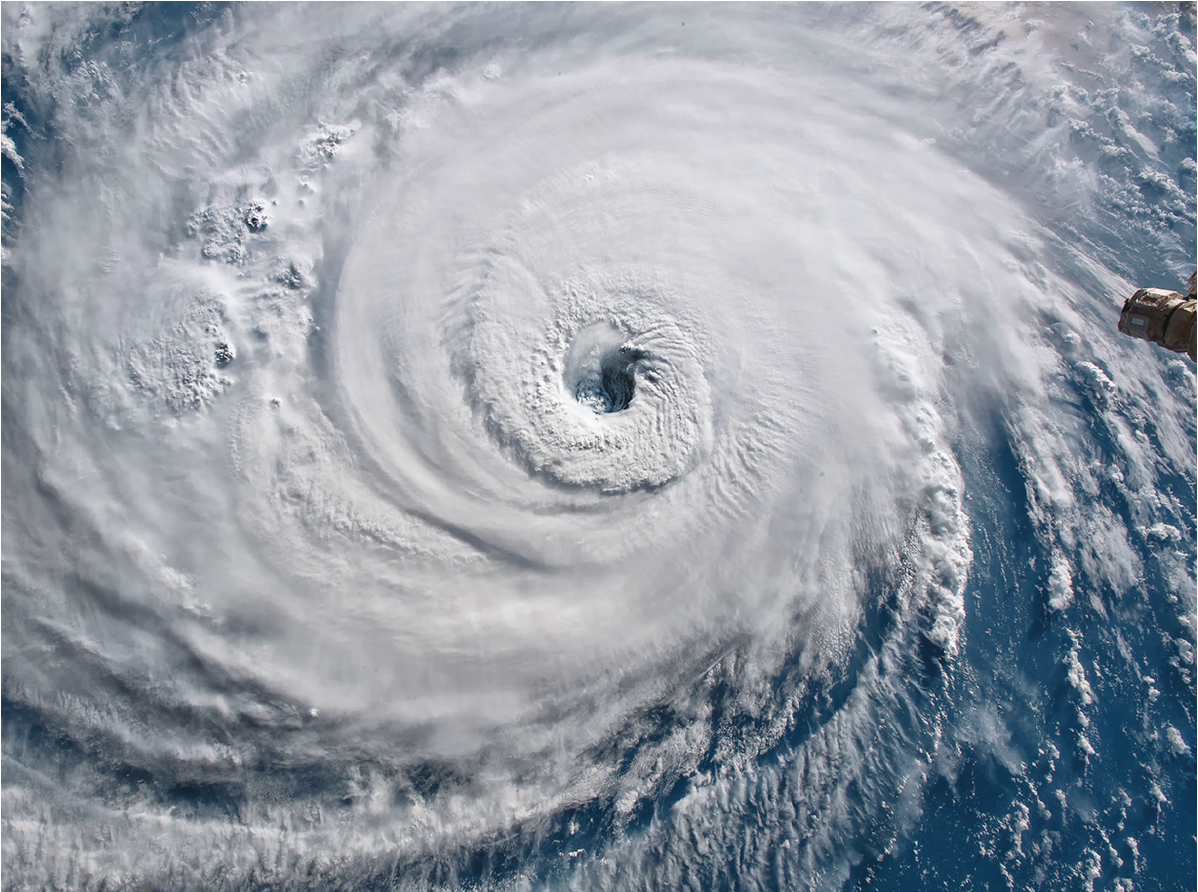Each year hurricane season begins on June 1st and lasts at least 5 months, with storms typically peaking in August into November. As with every hurricane season regardless of the forecast, knowing the essentials of how to prepare can be lifesaving.

Each year hurricane season begins on June 1st and lasts at least 5 months, with storms typically peaking in August into November. As with every hurricane season regardless of the forecast, knowing the essentials of how to prepare can be lifesaving.

Hurricanes are dangerous massive storm systems that form over ocean water and often move toward land. Hurricanes can cause major damage because of high winds, heavy rain, storm surge (rise in water level), flooding and tornadoes. They can happen along any U.S. coast or in any territory in the Atlantic or Pacific oceans. Storm surge is historically the leading cause of hurricane-related deaths in the United States.
Prepare now so you and your loved ones can stay safe.
Prepare now
To begin preparing, the first basic steps of readiness include
Americans at all income levels have experienced the challenges of rebuilding their lives after a disaster or other emergency. In these stressful times, having access to personal financial, insurance, medical and other records is crucial for starting the recovery process quickly and efficiently.
If a hurricane is likely in your area, you should:
You should evacuate under the following conditions:
Read more about evacuating yourself and your family. If you are unable to evacuate, go to your wind-safe room. If you do not have one, follow these guidelines: